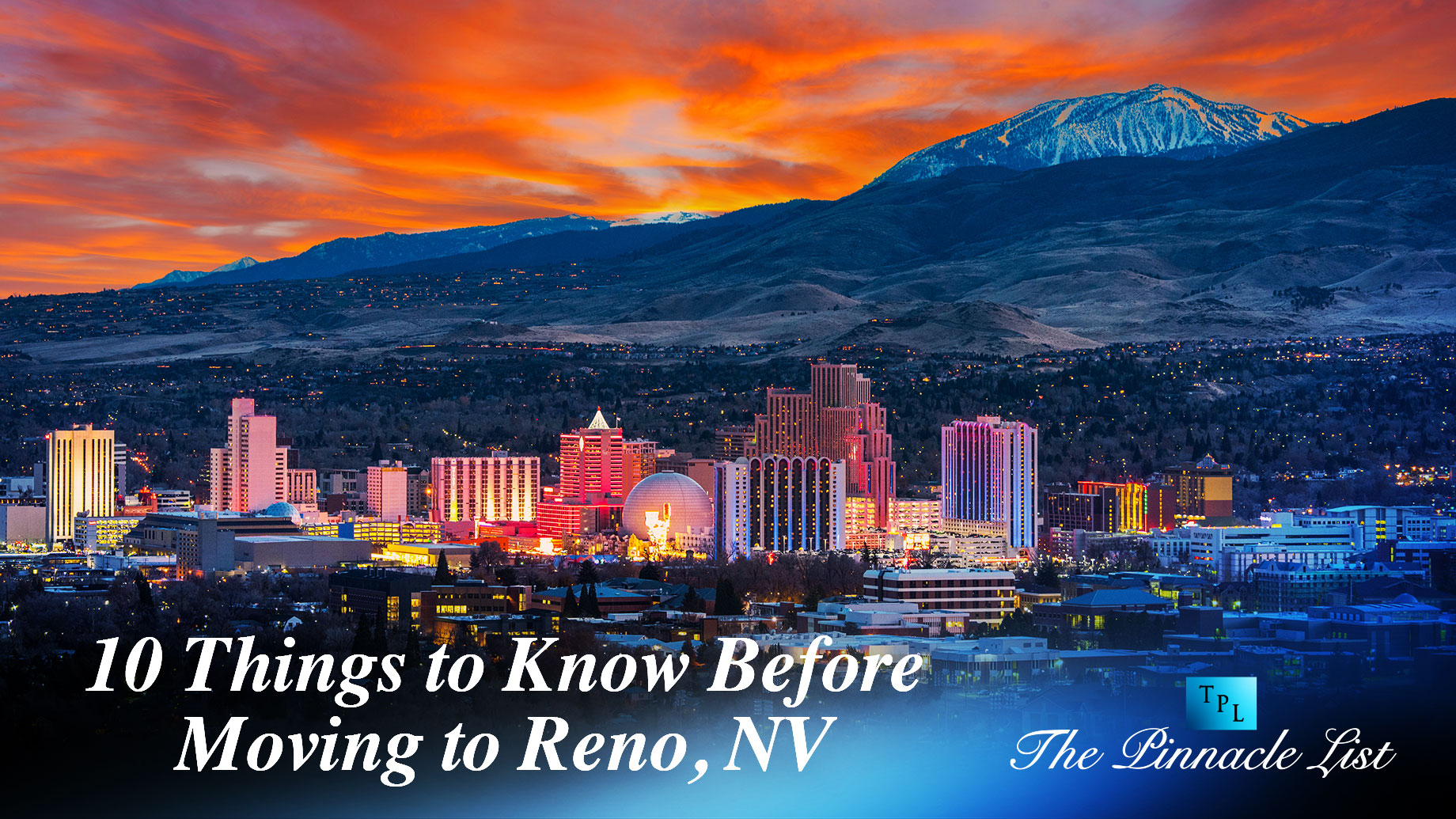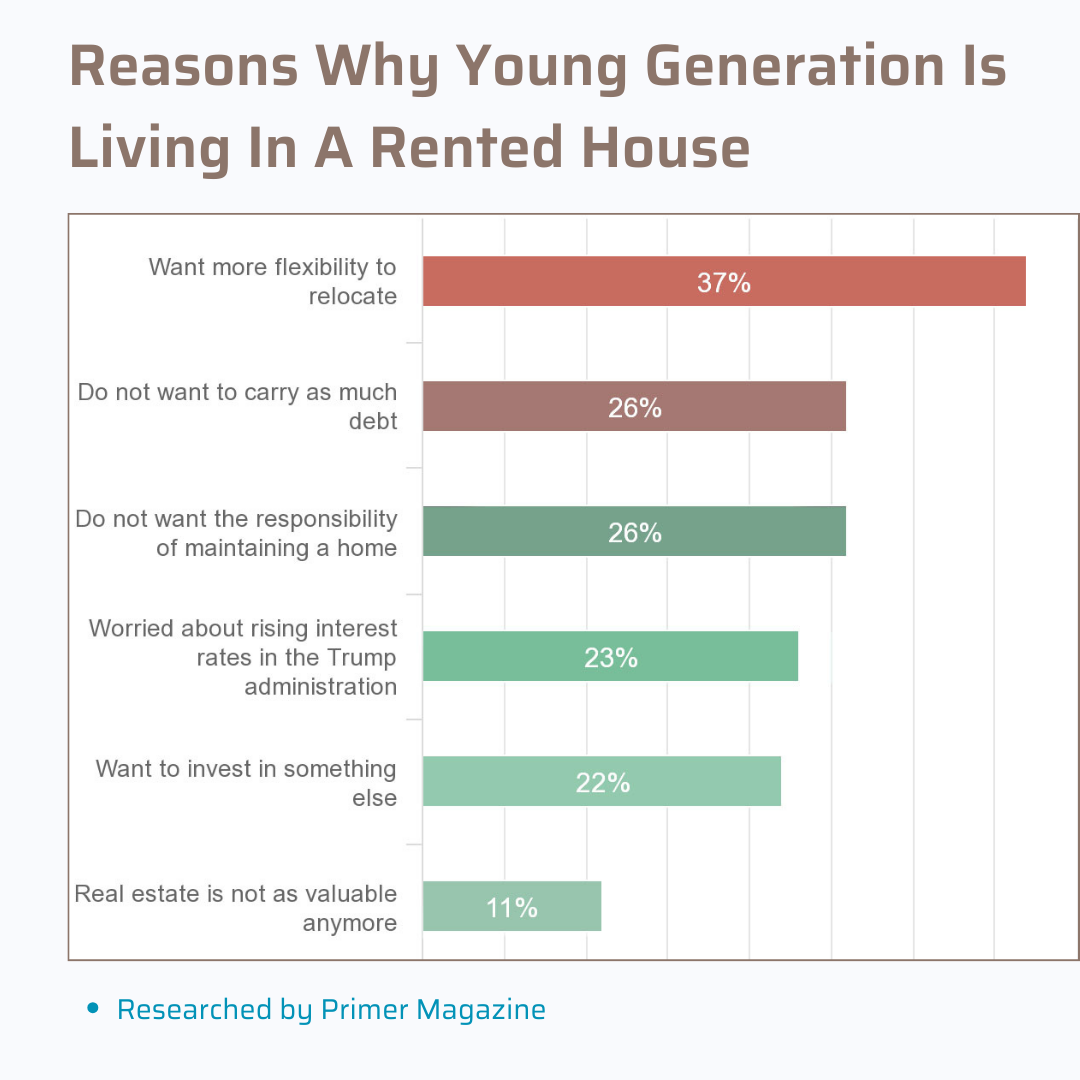Moving From Los Angeles To Reno
Are you considering a fresh start in a new city? Leaving behind the hustle and bustle of Los Angeles for the natural beauty and outdoor recreation opportunities of Reno, Nevada? You're not alone. Many individuals and families are making the move from LA to Reno, drawn by the latter's more affordable cost of living, growing job market, and unparalleled access to the Sierra Nevada mountains. In this article, we'll explore the pros and cons of making the move, and provide valuable insights to help you navigate the transition from LA to Reno.

Moving from Los Angeles to Reno can be a significant change, but with the right information, you can make the transition smooth and stress-free. Here's a comprehensive guide to help you navigate the process.
Understanding the Cost of Living Difference
One of the primary reasons people move from Los Angeles to Reno is the significant difference in cost of living. Reno has a lower cost of living index compared to Los Angeles, making it an attractive option for those looking to stretch their dollar further. The median home price in Reno is around $430,000, whereas in Los Angeles, it's over $800,000. Additionally, Reno has lower property taxes and insurance rates, making homeownership more affordable.
Job Opportunities and Career Growth
Reno has experienced significant economic growth in recent years, with major companies like Tesla, Amazon, and Google setting up operations in the area. The city has a thriving tech industry, and job opportunities are plentiful. The unemployment rate in Reno is lower than in Los Angeles, and the average salary is comparable. However, it's essential to research the job market and industry trends before making the move.
Education and Healthcare in Reno
Reno has a well-regarded education system, with the University of Nevada, Reno being a top-ranked institution. The city is also home to several top-performing schools, including Reno High School and Damonte Ranch High School. When it comes to healthcare, Reno has several high-quality hospitals, including Renown Regional Medical Center and Saint Mary's Regional Medical Center.
Adjusting to the Reno Lifestyle
Reno has a unique cultural identity that's distinct from Los Angeles. The city has a strong outdoor recreation scene, with proximity to Lake Tahoe and the Sierra Nevada mountains. The downtown area is vibrant, with a thriving arts and cultural scene. However, Reno is a smaller city, and some may find the pace of life slower than what they're used to in Los Angeles.
Logistics and Planning for the Move
To ensure a smooth move, it's essential to plan carefully. Start by researching moving companies and getting quotes for your relocation. You should also consider packing and storage options, as well as transferring your utilities and services. Make sure to update your address with the US Postal Service and notify your bank, credit card company, and other relevant institutions.
| Category | Los Angeles | Reno |
|---|---|---|
| Median Home Price | $800,000 | $430,000 |
| Unemployment Rate | 4.3% | 3.2% |
| Average Salary | $63,000 | $62,000 |
| Cost of Living Index | 146.4 | 118.2 |
Is it worth moving to Reno, Nevada?

Pros of Moving to Reno, Nevada
Reno, Nevada, is often overlooked as a potential destination for those looking to relocate, but it has a lot to offer. One of the most significant advantages of moving to Reno is its affordable cost of living. Compared to other cities in the western United States, Reno has a relatively low cost of housing, food, and transportation, making it an attractive option for those on a budget. Additionally, Reno has a thriving outdoor recreation scene, with proximity to Lake Tahoe, the Sierraße Mountains, and numerous parks and trails, making it a paradise for outdoor enthusiasts.
- Reno's cost of living is 6.7% lower than the national average.
- The median home price in Reno is around $340,000, compared to over $1 million in San Francisco.
- Reno has over 300 days of sunshine per year, making it an ideal location for outdoor activities.
Job Market and Economy in Reno
Reno has experienced significant economic growth in recent years, driven by the technology and startup industries. The city is home to a number of major companies, including Tesla, Panasonic, and Google, which have invested heavily in the area. As a result, Reno has a strong and diverse job market, with opportunities in a range of fields, including tech, healthcare, and education. Additionally, the city has a business-friendly environment, with low taxes and minimal regulations, making it an attractive location for entrepreneurs and small business owners.
- Reno's unemployment rate is lower than the national average, at around 3.5%.
- The city has seen a 20% increase in startup activity over the past five years.
- Nevada has no state income tax, making it an attractive location for businesses and individuals alike.
Things to Consider Before Moving to Reno
While Reno has a lot to offer, there are some things to consider before making the move. One of the biggest drawbacks is the city's limited cultural and entertainment options, compared to larger cities like Las Vegas or San Francisco. Additionally, Reno's growing pains have led to increased traffic and congestion, which can be frustrating for commuters. Finally, the city's limited public transportation options can make it difficult for those without cars to get around.
- Reno has a small but growing arts and culture scene, with a number of galleries and museums.
- The city is investing in infrastructure to improve traffic flow and reduce congestion.
- There are a number of alternative transportation options, including bike-share programs and ride-sharing services.
Is it worth moving from California to Nevada?

The decision to move from California to Nevada depends on various factors, including personal preferences, lifestyle, and priorities. While California is known for its scenic beauty, diverse culture, and economic opportunities, Nevada offers its own set of advantages that might make it an attractive option for some individuals.
Lower Cost of Living
One of the most significant advantages of moving to Nevada is the lower cost of living compared to California. The cost of housing, food, transportation, and utilities is generally lower in Nevada, making it an attractive option for those looking to save money or stretch their budget further. Here are some examples of how Nevada's cost of living compares to California:
- Rental prices: The average rent for a one-bedroom apartment in Las Vegas, NV is around $1,000, compared to $2,300 in San Francisco, CA.
- Taxes: Nevada has no state income tax, whereas California has a top marginal income tax rate of 13.3%.
- Fuel prices: Gasoline is generally cheaper in Nevada than in California, with an average price difference of around 20 cents per gallon.
Tax-Friendly Environment
Nevada is known for its business-friendly environment, which makes it an attractive option for entrepreneurs and small business owners. The state has no corporate income tax, no inventory tax, and no franchise tax, making it easier to start and operate a business. Additionally, Nevada's minimal regulatory environment and lack of state income tax can help businesses save money and increase their bottom line.
Outdoor Recreation Opportunities
Nevada offers a wide range of outdoor recreation opportunities, including hiking, camping, and skying, making it an attractive option for outdoor enthusiasts. The state is home to numerous national parks, forests, and wildlife refuges, including the Great Basin National Park and the Lake Tahoe Nevada State Park. Here are some examples of outdoor recreation opportunities in Nevada:
- Hiking trails: Nevada has over 1,000 miles of hiking trails, including the Tahoe Rim Trail and the Ruby Mountains Wilderness.
- Lakes and rivers: The state has numerous lakes and rivers, including Lake Tahoe, Lake Mead, and the Colorado River.
- Ski resorts: Nevada is home to several world-class ski resorts, including Squaw Valley, Alpine Meadows, and Heavenly Mountain Resort.
How much money do you need to live comfortably in Reno Nevada?

The cost of living comfortably in Reno, Nevada, varies depending on factors such as lifestyle, personal preferences, and household size. However, here are some general guidelines to help you estimate how much money you need to live comfortably in Reno:
The Average Cost of Living in Reno
To live comfortably in Reno, you'll need to consider the costs of housing, food, transportation, healthcare, and entertainment. On average, a single person can expect to pay around $40,000 to $50,000 per year, while a family of four may need to budget around $80,000 to $100,000 per year.
Housing Costs in Reno
Housing is one of the biggest expenses in Reno. Here are some average costs to consider:
- Rent: $1,200 - $1,500 per month for a one-bedroom apartment, and $1,800 - $2,500 per month for a three-bedroom house.
- Mortgage: $2,000 - $3,000 per month for a $300,000 to $500,000 home.
- Utilities: $150 - $300 per month for electricity, water, and gas.
Food and Transportation Costs in Reno
Food and transportation costs can add up quickly in Reno. Here are some average expenses to consider:
- Food: $800 - $1,200 per month for groceries and dining out.
- Transportation: $500 - $800 per month for a car payment, insurance, gas, and maintenance.
- Public Transportation: $50 - $100 per month for a bus pass.
Other Expenses to Consider in Reno
In addition to housing, food, and transportation, here are some other expenses to consider when living in Reno:
- Healthcare: $300 - $500 per month for health insurance and medical expenses.
- Entertainment: $500 - $1,000 per month for activities, hobbies, and travel.
- Savings: 10% - 20% of your income for emergency funds and retirement savings.
What to do when moving from California to Nevada?

When moving from California to Nevada, it's essential to consider several factors to ensure a smooth transition. Here are some steps to take into account:
Research and Planning
Before making the move, research Nevada's cost of living, job market, and housing options. This will help you determine the best area to live in, based on your needs and budget. Additionally, plan your move by booking a reputable moving company, packing essential items, and transferring utilities.
Changing Your Address
When moving to Nevada, you'll need to update your address with various institutions and authorities. This includes:
- DMV: Update your driver's license, vehicle registration, and car insurance.
- USPS: Submit a change of address form to the United States Postal Service.
- Tax Authorities: Notify the California Franchise Tax Board and Nevada Department of Taxation of your address change.
Adapting to Nevada's Laws and Regulations
Nevada has different laws and regulations compared to California. Familiarize yourself with:
- Gun Laws: Nevada has more lenient gun laws, but still requires registration and permits.
- Taxes: Nevada has no state income tax, but you may still need to file taxes with California.
- Health Insurance: Research Nevada's health insurance options and ensure you have adequate coverage.
FAQ
What are the main differences between living in Los Angeles and Reno?
When moving from Los Angeles to Reno, you can expect a significant change of pace. Los Angeles is a bustling metropolis with a population of nearly 4 million people, whereas Reno has a population of around 245,000. This smaller city atmosphere can be a welcome change for those looking to escape the chaos of LA. Additionally, Reno has a more affordable cost of living, with lower housing costs, taxes, and overall expenses. The job market in Reno is also growing, with a strong presence of industries such as technology, healthcare, and tourism. On the other hand, LA is known for its entertainment industry, with many opportunities in film, television, and music. When deciding between the two cities, consider what aspects of your lifestyle are most important to you.
How do I prepare for the change in climate from Los Angeles to Reno?
Reno's climate is quite different from LA's, with cold winters and hot summers. Coming from LA's mild climate, you may need to adjust to snowfall and freezing temperatures in the winter, and high temperatures in the summer. Be sure to pack accordingly, bringing warm clothing and gear for the winter months. Additionally, consider the impact on your vehicle, as Reno's roads can be slippery in the winter and hot in the summer. It's also a good idea to research winter driving tips and take a winter driving course if you're not comfortable driving in snowy conditions. Furthermore, prepare your home for the change in climate by insulating your pipes, sealing drafts, and installing storm windows.
What are the best neighborhoods to live in Reno?
Reno has many unique neighborhoods to choose from, each with its own character. Midtown Reno is a popular area, known for its arts and culture scene, with many galleries, restaurants, and boutiques. South Reno is another popular area, with its master-planned communities and family-friendly atmosphere. Downtown Reno is perfect for those who want to be in the heart of the action, with its walkable streets, bars, and restaurants. Additionally, North Reno offers more affordable housing options, with a mix of older homes and new developments. When choosing a neighborhood, consider factors such as commute time, school districts, and access to amenities.
How do I get involved in the Reno community after moving?
Getting involved in the Reno community is a great way to meet new people and feel at home. One way to do this is by joining local groups or clubs that align with your interests. Reno has many outdoor recreation groups, such as hiking and biking clubs, as well as cultural organizations, like art museums and theater groups. Volunteering is another great way to give back to the community and meet like-minded individuals. Consider helping out at local animal shelters, parks, or food banks. Additionally, attend local events, such as festivals, concerts, and farmers' markets, to get a feel for the community and meet new people.
